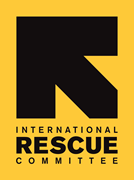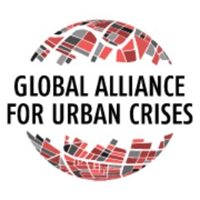RedR UK has been working on behalf of the Global Alliance for Urban Crises (GAUC) to develop the Urban Competency Framework. This work was produced through funding provided to the International Rescue Committee from EU Humanitarian Aid (ECHO) and is part of a wider project for the GAUC entitled ‘Developing the skills to meet the needs of urban populations in crises through the alliance of urban responders’.
Global Alliance for Urban Crises was established to bring together the different actors who can help to improve crisis preparedness and response in our increasingly urban world
The International Rescue Committee responds to the world’s worst humanitarian crises and helps people whose lives and livelihoods are shattered by conflict and disaster to survive, recover, and gain control of their future
The European Commission's Civil Protection and Humanitarian Aid department (ECHO) provides assistance for affected countries and populations whenever there is a disaster or humanitarian emergency



- Urban Competency Framework is produced through funding provided to the International Rescue Committee from EU Humanitarian Aid (ECHO). It is part of a wider project for the Global Alliance for Urban Crises (GAUC) entitled ‘Developing the skills to meet the needs of urban populations in crises through the alliance of urban responders.'